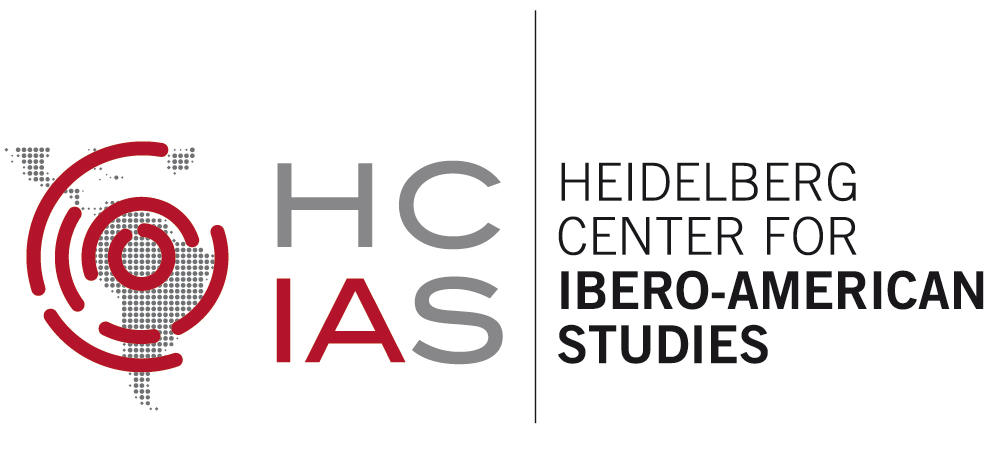Political Discourse and Pandemic in Latin-America
Identifiers (Article)
Abstract
The following study presents an analysis of public discourses of different presidents in Latin America during the COVID-19 pandemic, specifically from Argentina, Chile and Mexico. From an experimental approach based on the analysis of co-ocurrences this study seeks to understand how these head of state contribute to “social knowledge” about the pandemic. The study’s most relevant findings include the discourses’ progressive complexity, the abundance of decontextualizing deictic elements, and the differences between each discourse’s key ideas: political-administrative management in Argentina, concern for the population’s emotional wellbeing in Chile, and interest in the domestic economy and politics in Mexico.
Statistics

License

This work is licensed under a Creative Commons Attribution-ShareAlike 4.0 International License.



